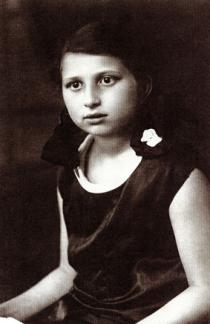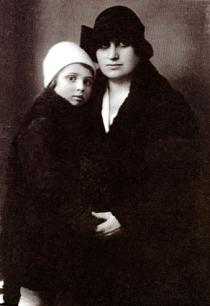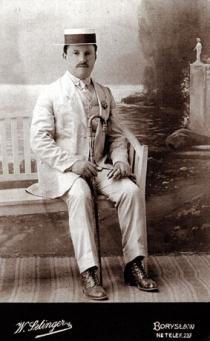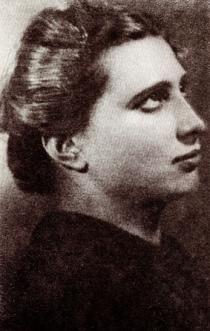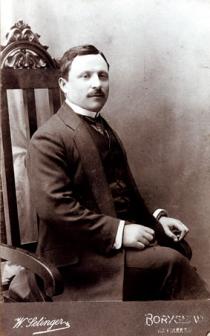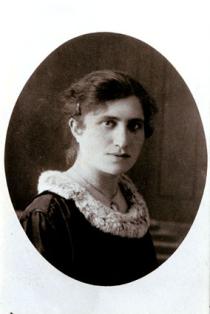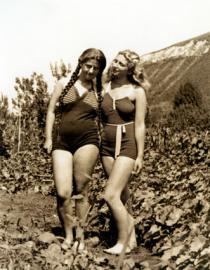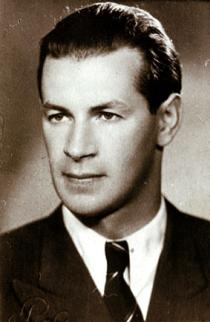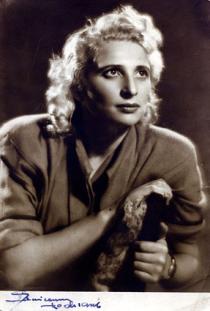This is me. The photo was taken in Warsaw in the 1960s.
The first theater in which I was engaged as an actress was in Katowice. It had a branch in Opole which was run by Irena and Tadeusz Byrscy. I liked those two so much, they seemed so different, so anti-routine that I declared I wanted to go to Opole to join them. Everybody thought I was crazy, but I went anyway. After a year they lost that place and I was engaged in Cracow, in Slowacki Theater.
My husband had just graduated and worked as a junior assistant at the Cracow Polytechnic. A few years later our child was born, Ruth. My husband was offered to move to Warsaw, to work at the University and at the Ministry of Higher Education as a Deputy Director at the Department of Technical Studies.
We went to Warsaw and then I discovered the Byrscy were running a theater in Kielce. I was so filled with faith about theater’s mission that, having a small baby and having to organize childcare and a place to live, I still went to Kielce. Every free day I would go to Warsaw. I lasted four years like that. But when the Byrscy couple moved again, this time to Poznan, it was too much for me. I decided to enroll at the Department of Directing.
When I graduated from the Department of Directing in Warsaw, my student colleague, or in fact a close friend, Leszek Komarnicki, became the director of a theater in Szczecin [north-west of Poland] and invited me to come there as a director. From time to time, when there was a part which interested me and they thought it’s a part for me, I acted, too. But mostly I directed.
As an actress, I played dramatic parts and distinctive, sometimes comic, characters. I directed various plays, by Mrozek, Ibsen, Shakespeare, a true variety. I traveled around Poland a lot: to Wroclaw, Lublin, Olsztyn, Szczecin, Warsaw, I even went to Tarnow. And that’s what I did until my retirement.
I worked with the Jewish Theater in Warsaw only once. The problem was that I don’t know Yiddish. Still, Szurmiej invited me to do ‘Zydowka z Toledo’, a historical drama by Austrian playwright, Franz Grillparzer. ‘Zydowka z Toledo’ is not a play, but a novel, so I had to adapt it. It was translated into Yiddish by a brilliant poet from Szczecin; I think it was Eliasz Rajzman.
Here’s how I worked on it: I had a Polish text exactly matching the text of the original, word for word; after a while, I began to understand what the actors were saying; then, I began to know if they were saying it right or wrong.

